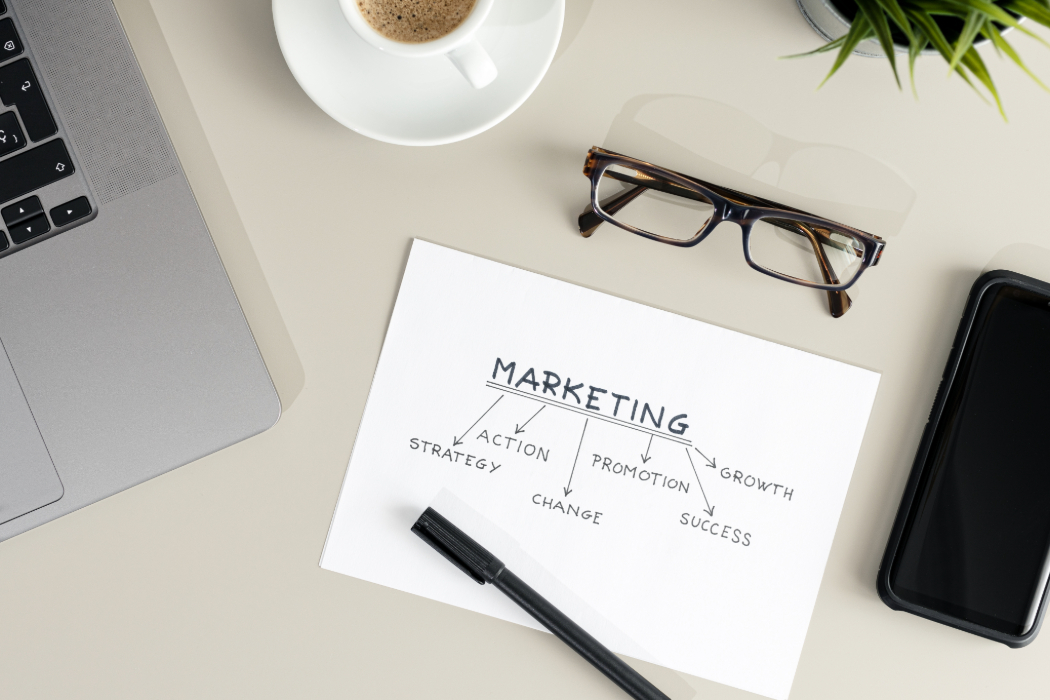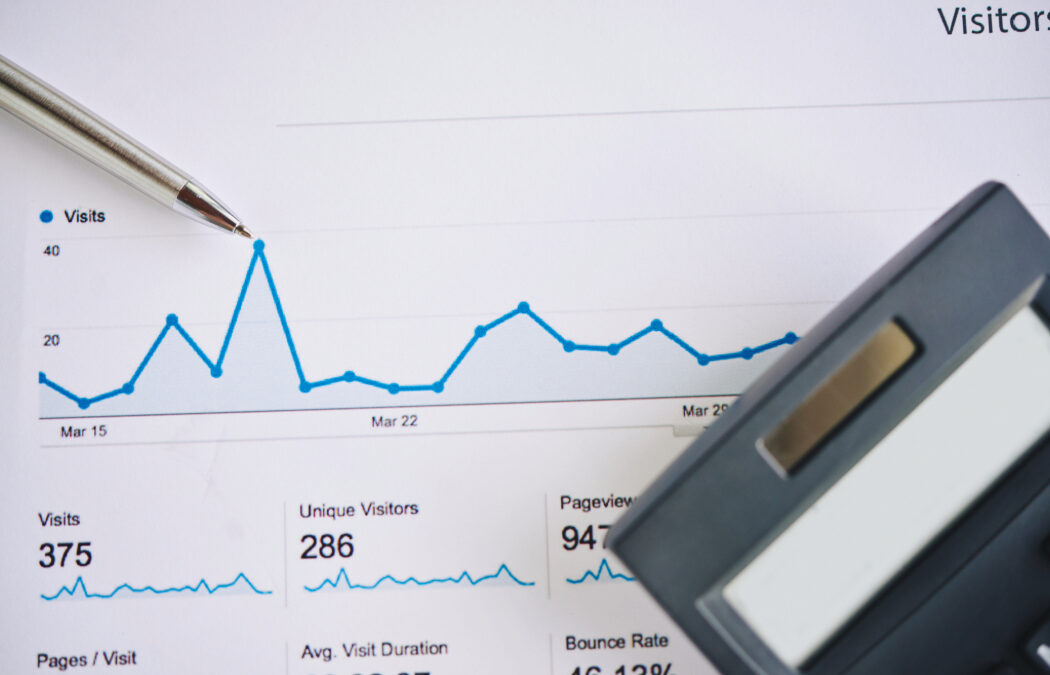If you’re trying to grow your business online, you’ve probably heard two pieces of advice: “Run paid ads” and “Invest in organic marketing.”
So which is better? The honest answer is it depends. Both play important roles, but the right starting point comes down to your goals, timeline, and budget.
What Paid Ads Can Do (And What They Can’t)
Paid ads (like Google Ads or Facebook Ads) put you in front of potential customers instantly.
What they can do:
- Generate leads quickly
- Test offers and messages without waiting for organic traction
- Target specific audiences by location, interest, or intent
- Give you predictable reach when campaigns are set up correctly
What they can’t do:
- Guarantee conversions (bad offers won’t sell even with perfect targeting)
- Replace long-term brand trust
- Work without constant management (ads need testing and optimization)
Pro Tip: Ads are like a faucet. Turn them on and leads flow. Turn them off, and everything stops. That’s why businesses use them for fast wins, but rarely as their only marketing channel.
How Organic Builds Long-Term Trust
Organic marketing is everything you do to grow visibility without paying for clicks, like SEO, social media content, blogs, and email.
Why it matters:
- Builds credibility and authority over time
- Attracts customers who are actively searching for what you offer
- Keeps working even when you stop “feeding” it with ad spend
- Positions your business as a trusted resource, not just another ad
Example: A landscaping company that publishes blogs on “lawn care tips for summer” not only ranks in search results but also builds trust with homeowners before they ever pick up the phone.
Why the Answer Isn’t Either/Or
Paid ads and organic marketing are partners.
When used together, they reinforce each other:
- PPC gives you immediate visibility while SEO is still building
- SEO provides long-term stability when ads get expensive
- Data from PPC campaigns can show which keywords and offers are worth targeting with SEO
- Organic content improves conversion rates for ad traffic (because prospects see you as credible)
Where Budget, Time, and Goals Align
Here’s a simple way to decide where to start:
- Low budget, more time: Focus on organic. Write blogs, optimize your site, and build local SEO.
- More budget, less time: Start with paid ads. They’ll get results faster while you build your organic presence in the background.
- Aggressive growth goals: Run both. Use ads to fill your pipeline now and organic to sustain growth later.
Pro Tip: Don’t spend your last dollar on ads if your website isn’t ready to convert. Paid traffic won’t fix a bad site. In that case, invest in conversion-focused web design first.
How to Know You’re Ready to Scale
Scaling means taking what works and pouring more resources into it.
You’re ready when:
- Your website converts consistently (even if traffic is low).
- You know your customer acquisition cost and lifetime value.
- Your offers are clear and proven to resonate.
- You have systems in place to handle more leads (because nothing kills growth like dropping the ball).
At this point, you can confidently put more money into ads, invest more in SEO content, or do both because you’re not guessing anymore.
Paid ads deliver speed. Organic builds trust. Neither is better in all situations.
Start with the one that best matches your budget, time, and goals, then layer in the other once you’re ready.
And remember: marketing isn’t about choosing a single channel forever. It’s about building a system where each channel supports the others.
Want Help Choosing the Right Path?
Schedule a free strategy call with PSG Media, and we’ll help you figure out where to start—paid ads, organic marketing, or both.
You’ll leave with:
- A clear action plan
- Priority channels for your business
- Confidence that you’re not wasting money on the wrong approach
Because the right strategy isn’t just about traffic, it’s about turning that traffic into real business growth.






0 Comments